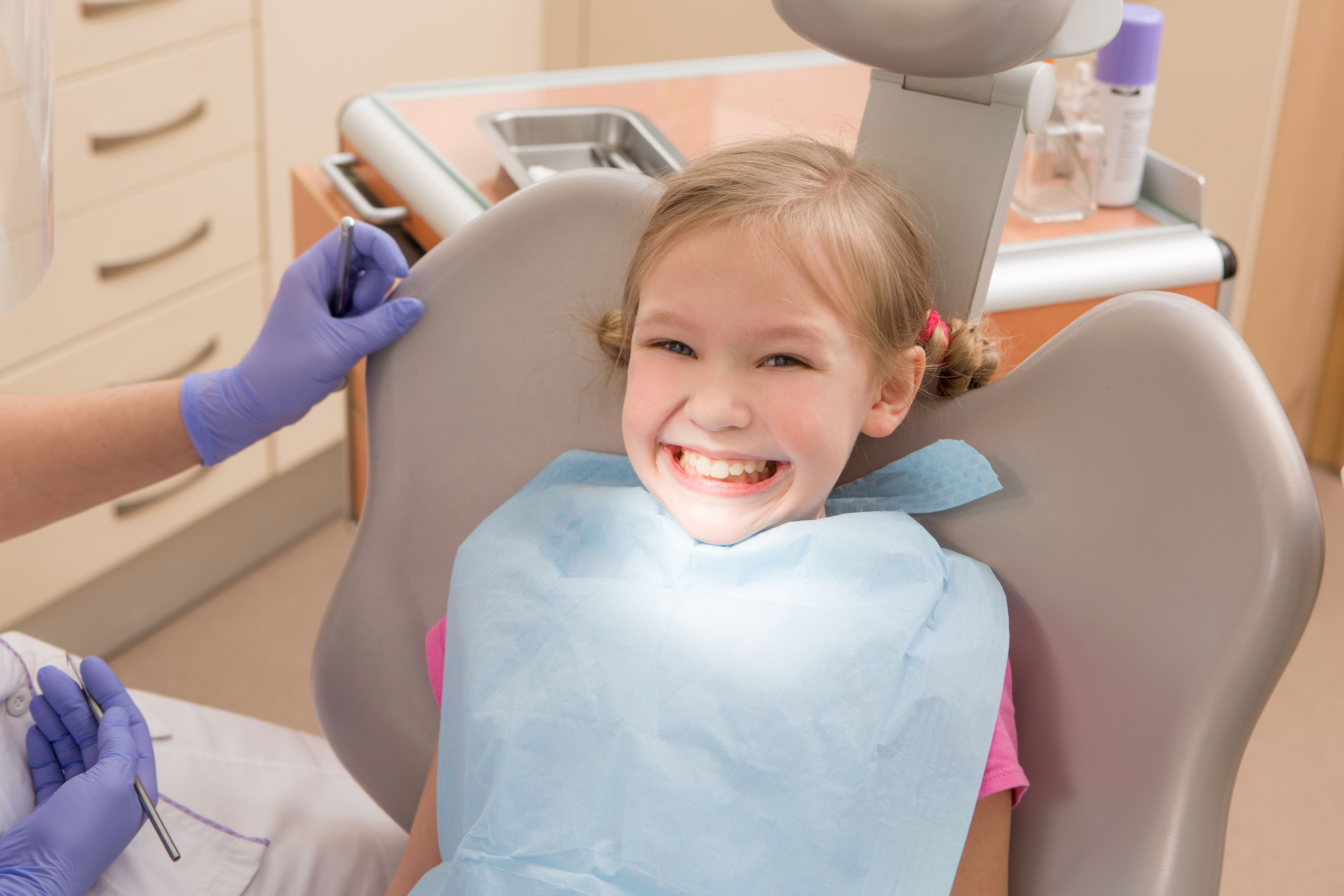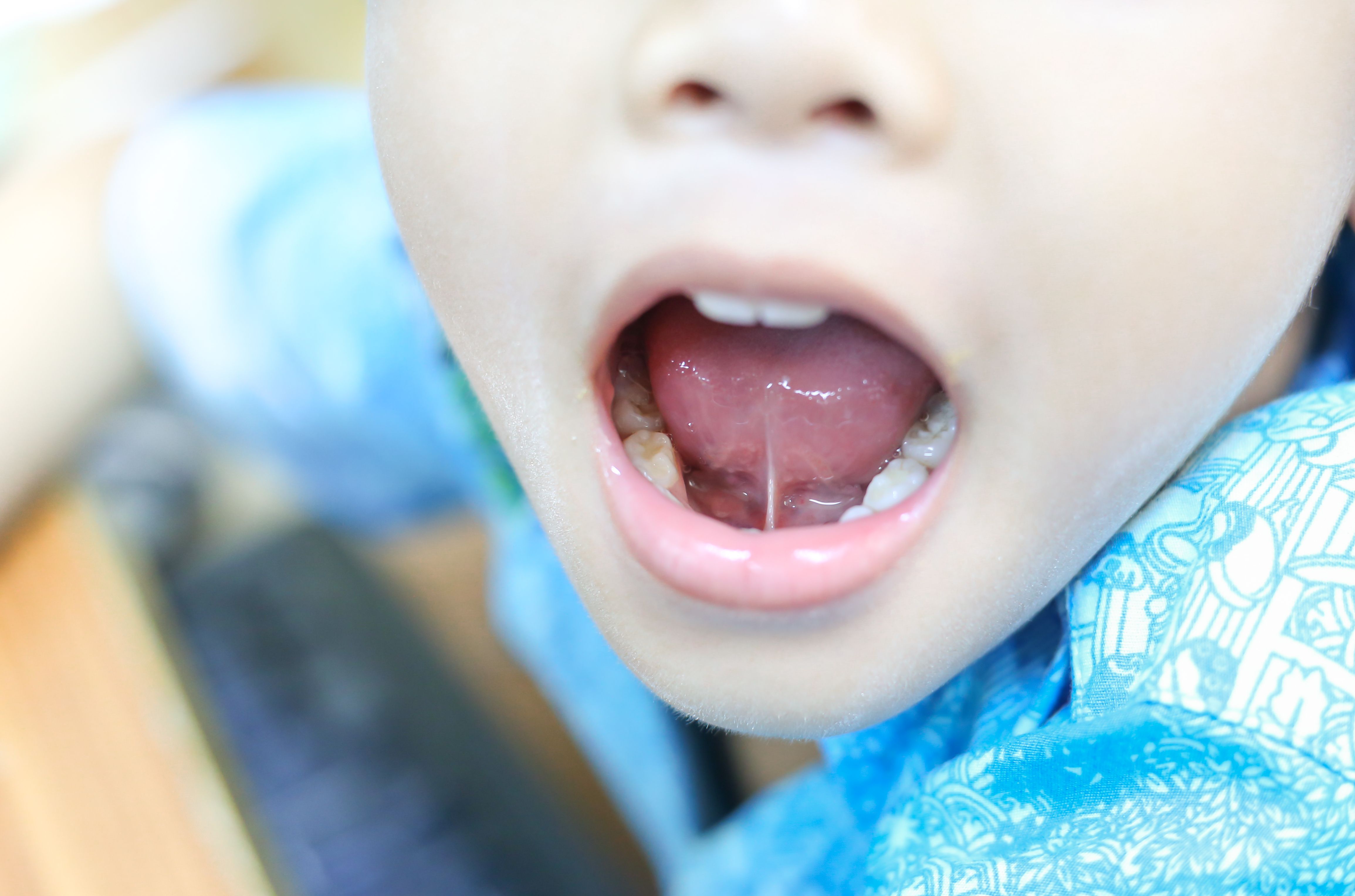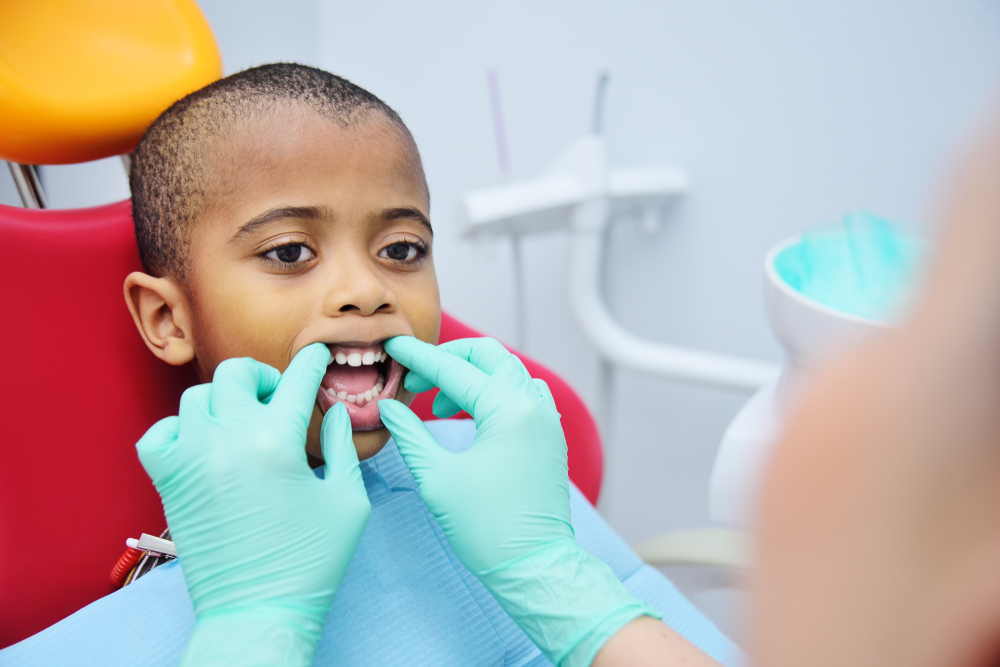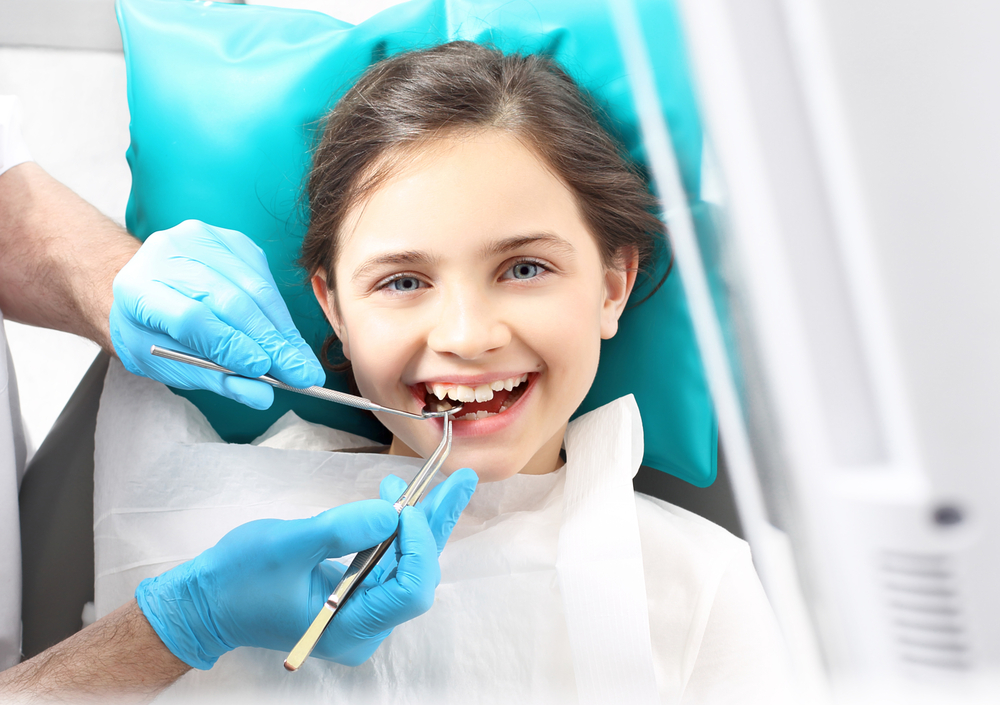
A trip to the dentist should feel safe and supportive for every child. For children with special needs, dental visits can bring added stress, sensory challenges, or anxiety. At Poplin Pediatric Dentistry, our approach is built around patience, flexibility, and a genuine commitment to each child’s unique needs.

Children are naturally active - running, jumping, playing sports, and exploring their world. While these activities are essential for healthy development, they also increase the risk of dental injuries. Dental trauma is one of the most common emergencies in children, and knowing how to respond can make a critical difference in saving your child’s smile.

Tongue-tie occurs when the lingual frenulum is shorter or tighter than normal. While sometimes mild, it can significantly affect a child’s feeding abilities, sleep quality, and jaw development. At Poplin Pediatric Dentistry, your trusted pediatric dentist in Austin, we help families understand these impacts and explore treatment options early.

If your child is having trouble speaking clearly or seems delayed in their speech development, it might not just be a phase. In some cases, a condition called a tongue tie could be limiting how their tongue moves - making it harder to form certain sounds.

At Poplin Pediatric Dentistry, we’re embracing the future of pediatric dental care by combining advanced technology with a compassionate, kid-friendly approach. One of the most transformative innovations we adopted in 2016 is Solea® laser dentistry, which allows us to provide gentle, virtually pain-free care for children of all ages.

As a parent, you work hard to make healthy choices for your child - but even well-intentioned decisions can sometimes come with hidden risks. One of the most common and overlooked threats to your child’s dental health is hidden sugar in everyday foods.

At Poplin Pediatric Dentistry, we’re proud to care for the growing smiles of children and families right here in Austin. While brushing and flossing at home are important, regular dental cleanings and X-rays play a key role in keeping your child’s teeth strong and cavity-free.

At Poplin Pediatric Dentistry, we’re committed to providing advanced, compassionate care tailored to your child’s needs. One of the innovative treatments we offer is the laser frenectomy, a minimally invasive procedure used to address tongue ties (ankyloglossia) and lip ties. Using the state-of-the-art Solea® laser, we ensure a gentle, precise approach that promotes faster healing and a more comfortable experience for your child.

When it comes to orthodontic treatment, many parents assume it begins in the teenage years. However, starting earlier can make a significant difference. At Poplin Pediatric Dentistry, we emphasize the importance of early evaluation because orthodontic issues often begin developing long before all the adult teeth come in. That’s where Phase 1 orthodontic treatment comes in. By identifying and addressing concerns early, we can guide your child’s dental development in a way that helps avoid more serious complications later while saving time, reducing costs, and preserving their confident smile.

When it comes to your child’s dental health, comfort, safety, and precision are always top priorities. At Poplin Pediatric Dentistry, we understand how daunting the idea of a surgical procedure can be. We offer advanced laser dentistry using the Solea® dental laser, a leading technology that makes most surgical procedures gentler, and less stressful.














